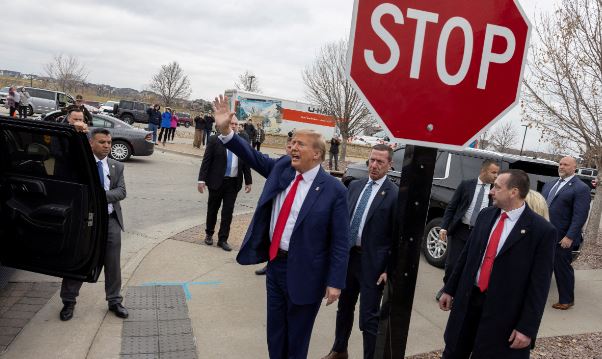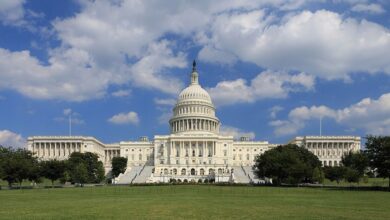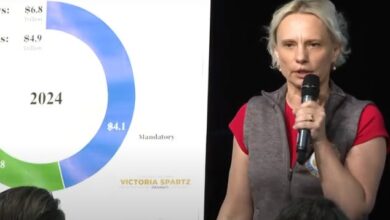Trump’s Immunity Appeal: A Key Strategy to Delay 2020 Election Trial

Former U.S. President Donald Trump is set to embark on a crucial legal appeal that could significantly delay his trial over charges related to the 2020 election. This appeal, following a judge’s rejection of his claim of immunity, may eventually reach the Supreme Court. Trump’s legal team plans to argue against the recent ruling by U.S. District Judge Tanya Chutkan, who dismissed the claim that former presidents cannot face criminal charges for conduct related to their official responsibilities.
Trump is currently facing charges for allegedly attempting to obstruct Congress and defraud the U.S. government through schemes to overturn his loss to Democrat Joe Biden in 2020. His lawyers, aiming to halt the entire case, have argued that the appeal should automatically pause the progression of the trial, scheduled to begin in March.
Legal experts suggest that this appeal, even if not successful in higher courts, could effectively delay the trial by entangling the legal system. This strategy may prove beneficial for Trump, particularly in light of the 2024 presidential election, where he is a frontrunner for the Republican nomination. The delay could potentially extend well beyond the trial’s start date, granting Trump more freedom to campaign against Biden.
The implications of this appeal extend beyond the immediate legal outcomes. If Trump were to regain the presidency, he might have the ability to pardon himself in the federal cases or influence their conclusion. The trial’s timing is crucial, as other criminal cases against Trump are also in progress, but none seem likely to proceed to trial before the Washington case.
Trump’s approach in the coming weeks could significantly influence whether he will face any trial before the election, amidst four ongoing criminal prosecutions. The federal election case has progressed the fastest, and Judge Chutkan has consistently resisted Trump’s attempts at delay. However, delays in other related cases, such as the classified documents case in Florida and the state prosecution in Georgia, indicate a potential for postponement in the overall legal proceedings against Trump.



